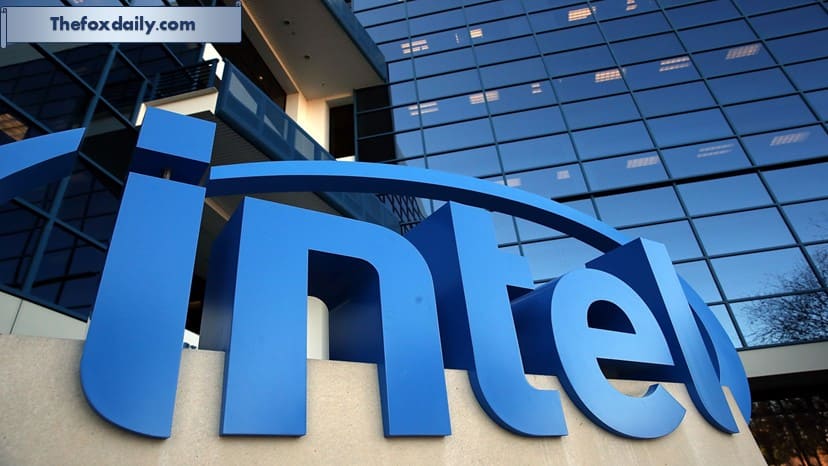
President Donald Trump said on Friday the US would take a 10% stake in Intel under a deal with the struggling chipmaker that converts government grants into an equity share, the latest extraordinary intervention by the White House in corporate America.
The deal puts Trump on better terms with Intel CEO Lip-Bu Tan, after the president recently said the CEO should step down due to conflicts of interest. It will ensure that the chipmaker will receive about $10 billion in funds for building or expanding factories in the US.
The deal calls for the US to pay $8.9 billion, or $20.47 per share, for a 9.9% interest in Intel. This is roughly $4 less than Intel’s closing share price of $24.80 on Friday. The $5.7 billion in unpaid payments from the Biden-era CHIPS Act and the $3.2 billion given to Intel for the Secure Enclave program—also given under Trump’s predecessor, Democratic President Joe Biden—will be used to finance the acquisition of the 433.3 million Intel shares.
Intel stock rose roughly 1% in the extended session on Friday after closing up 5.5% during regular trading.
According to a White House official, Trump and Tan met on Friday. That followed Trump’s August 11 meeting with the Intel CEO after Trump demanded that Tan resign over his ties to Chinese firms.
“He gave us $10 billion for the United States when he came in seeking to keep his job. Accordingly, we received $10 billion,” Trump declared on Friday.
Commerce Secretary Howard Lutnick said on X that Tan had struck a deal “that’s fair to Intel and fair to the American People.”
Catching Up
The Intel investment marks the latest unusual deal with U.S. companies, including a U.S. government agreement allowing AI chip giant Nvidia to sell its H20 chips to China in exchange for receiving 15% of those sales.
Other recent deals include an agreement for the Pentagon to become the largest shareholder in a small mining company, MP Materials, to boost output of rare earth magnets and the US government’s winning a “golden share” with certain veto rights as part of a deal to allow Japan’s Nippon Steel to buy US Steel. The federal government’s broad intervention in corporate matters has worried critics, who say Trump’s actions create new categories of corporate risk. Ahead of the US deal with Intel, Japan’s SoftBank agreed to take a $2 billion stake in the chip maker on Monday. Some industry observers still question Intel’s ability to surmount its problems. Daniel Morgan, senior portfolio manager at Synovus Trust, said Intel’s problems are beyond a cash infusion from The federal government’s broad intervention in corporate matters has worried critics, who say Trump’s actions create new categories of corporate risk. Ahead of the US deal with Intel, Japan’s SoftBank agreed to take a $2 billion stake in the chip maker on Monday. Some industry observers still question Intel’s ability to surmount its problems. Other recent deals include an agreement for the Pentagon to become the largest shareholder in a small mining company, MP Materials, to boost output of rare earth magnets and the US government’s winning a “golden share” with certain veto rights as part of a deal to allow Japan’s Nippon Steel to buy US Steel.
According to Intel, the government’s ownership position is to be passive and excludes a board seat. The government will be required to vote with Intel’s board when shareholder approval is necessary, with “limited exceptions.” The exceptions were not specified by Intel.
A five-year warrant for an extra 5% of Intel shares, valued at $20 per share, is also included in the equity stake. Should Intel lose control of the foundry business, the US could utilize this option.
Analysts noted that federal support would provide Intel more leeway to turn around its failing foundry business, but the company has lost market share to Advanced Micro Devices in its central processor business for a number of years and gave up the AI market to Nvidia. Additionally, it has had trouble drawing clients to its new factories. Tan, who became CEO in March, has been tasked to turn around the American chipmaking icon, which recorded an annual loss of $18.8 billion in 2024 – its first such loss since 1986. 2021 was the company’s most recent fiscal year with positive adjusted free cash flow.
For breaking news and live news updates, like us on Facebook or follow us on Twitter and Instagram. Read more on Latest Business on thefoxdaily.com.
COMMENTS 0